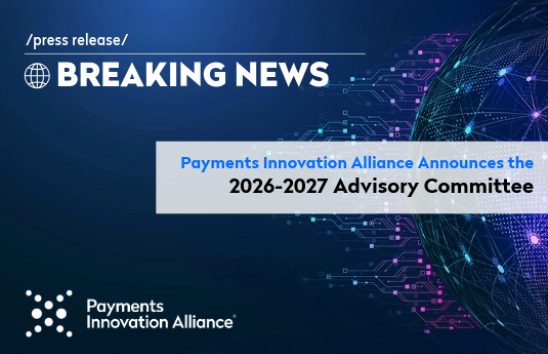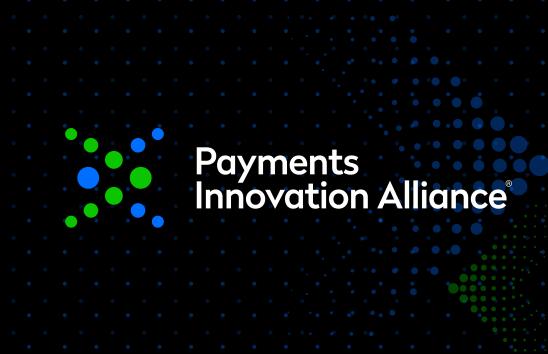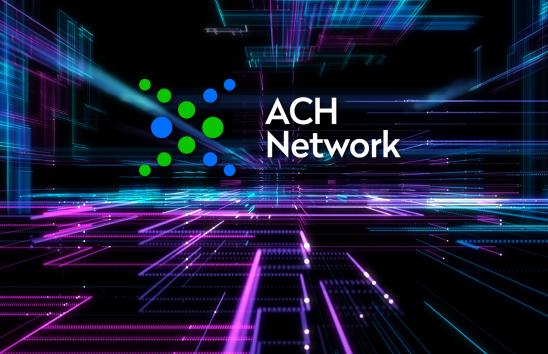Nacha’s Payments Innovation Alliance Helps Make Sense of Big Changes

Huge changes are underway in the payments industry—with many more on the horizon—and Jennifer West understands why people are uneasy.
“There’s maybe a lack of awareness in the industry, there’s some confusion, there’s trepidation with these big things that are happening,” said West, AAP, AFPP, APRP, Nacha Senior Director, Payments Innovation Alliance, Education & Accreditation. Nacha’s Payments Innovation Alliance is here to help.
“It’s really important that we have all of these different perspectives, and all of these different experts in the Alliance who are coming together and providing the education” that helps the payments community navigate these changes and make informed decisions, said West.
Digital payments have certainly created an earthquake of sorts, so the Alliance has a Navigating Through Digital Payments Project Team.
“When people don’t understand things they’re very fearful of it, and when we’re talking cryptocurrency and digital assets they’ve really been plagued with a lot of misconceptions and a lot of concern, especially with the lack of regulatory guidance,” said Sharon Hallmark, AAP, APRP, Director, Payments Education at EPCOR, and Project Team Co-Lead. “We need to provide that good knowledge base and let them know that there are real-life use cases for cryptocurrency and it’s nothing to be scared of.”
Speaking on Nacha’s Payments SmartCast podcast, Hallmark said her team includes members from financial institutions large and small, the Federal Reserve, and third-party service providers, with knowledge levels from “novice all the way up to expert, collaborating to come out with the best resources that we can put out that will be applicable to anybody.”
Quantum computing is another area causing quantum concern, which is why the Alliance has a Quantum Payments Project Team.
“One of our biggest concerns is that a bad actor would be able to get access to a quantum computer and use different quantum computing algorithms as a way to exploit current cryptographic standards, particularly encryption and digital signatures. It’s not going to happen any time soon—most experts are saying it’s going to be 5-to-10 years at least before a quantum computer is powerful enough in order to break current encryption standards—but it’s real enough that it’s something that we need to be aware of and start planning for now,” said John Brady, Chief Architect, Head of Engineering at BillGO, and Team Co-Lead. But Brady stressed it’s not all about worrying.
“There are some real beneficial use cases,” said Brady. “Quantum computers will be able to do things that classical computers can’t.”
Much more was discussed, and you can listen to the complete podcast below.







